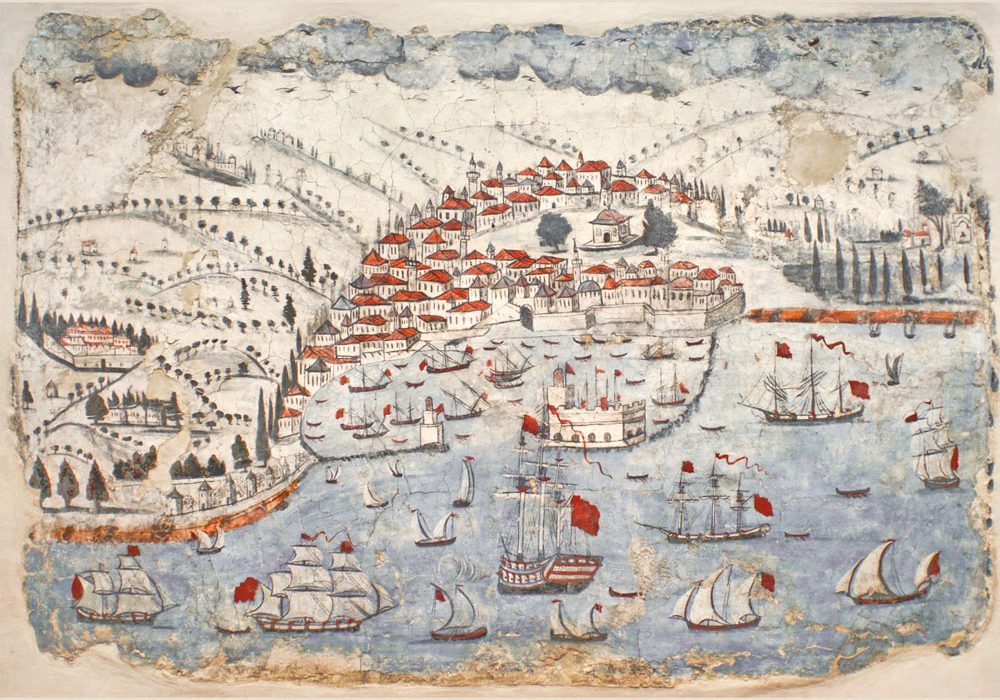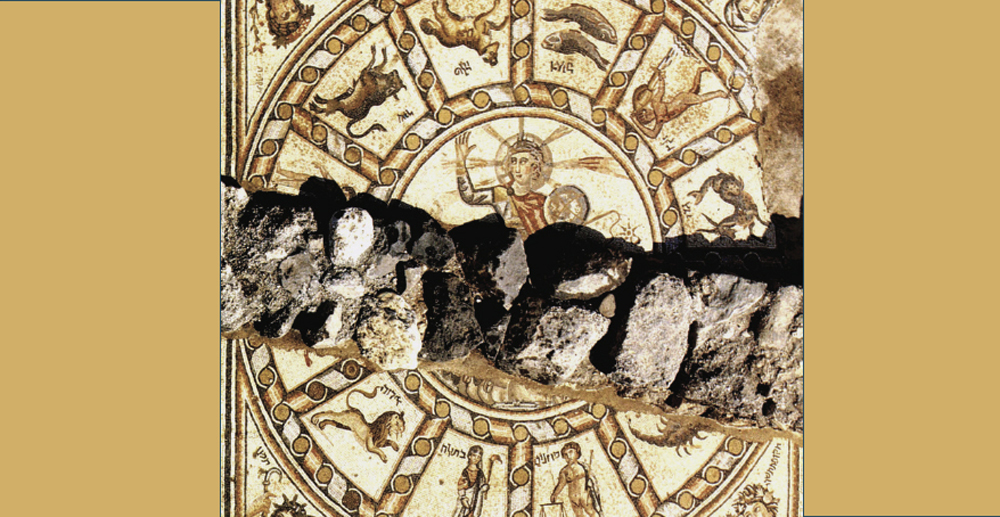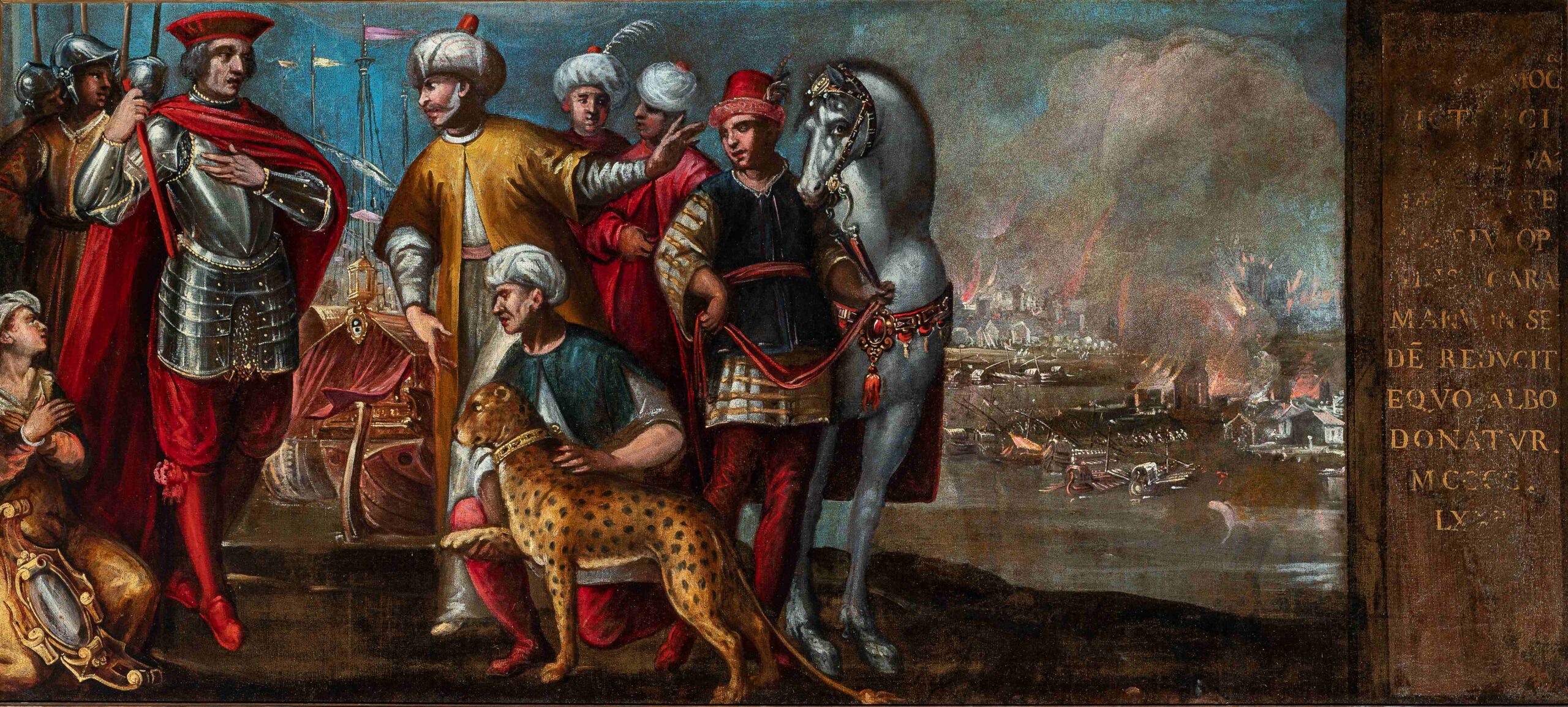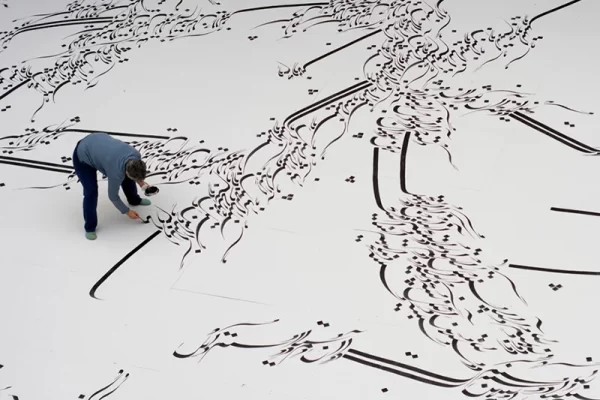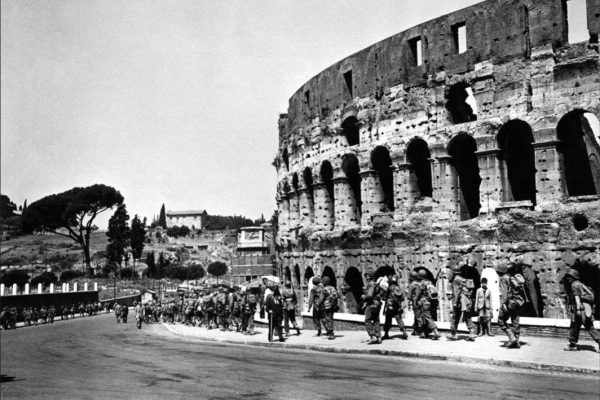Diogo Ramada Curto, Eric Dursteler, Julius Kirshner, Francesca Trivellato, From Florence to the Mediterranean and Beyond, Leo S. Olschki, Florence, 2009
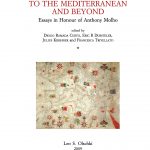 Published by three historians who trained with Professor Anthony Molho (Francesca Trivellato, Yale University; Diogo Ramada Curto, European University Institute; Eric Dursteler, Brigham Young University) to celebrate his seventieth birthday, this collection of essays pays tribute to the the teacher, the scholar, and the inspirer of critical thinking and historical awareness.
Published by three historians who trained with Professor Anthony Molho (Francesca Trivellato, Yale University; Diogo Ramada Curto, European University Institute; Eric Dursteler, Brigham Young University) to celebrate his seventieth birthday, this collection of essays pays tribute to the the teacher, the scholar, and the inspirer of critical thinking and historical awareness.
“It is impossible in this brief space to offer a full expose´ of the manifold, subtle, and often provocative historical and historiographical contributions that Tony has offered and continues to offer to us. We hope that the essays that follow pay tribute to his outstanding scholarship and his deep intellectual
and personal engagement with historical research and academic work. The breadth of the themes and geographical areas covered in this volume are evidence of the profound mark that Tony’s published work has left in a wide range of fields in late medieval and early modern European and Mediterranean history, and perhaps even more, on the many scholars who have known him as a colleague, as well as those whom he has taught and mentored on two continents over the course of four decades.


